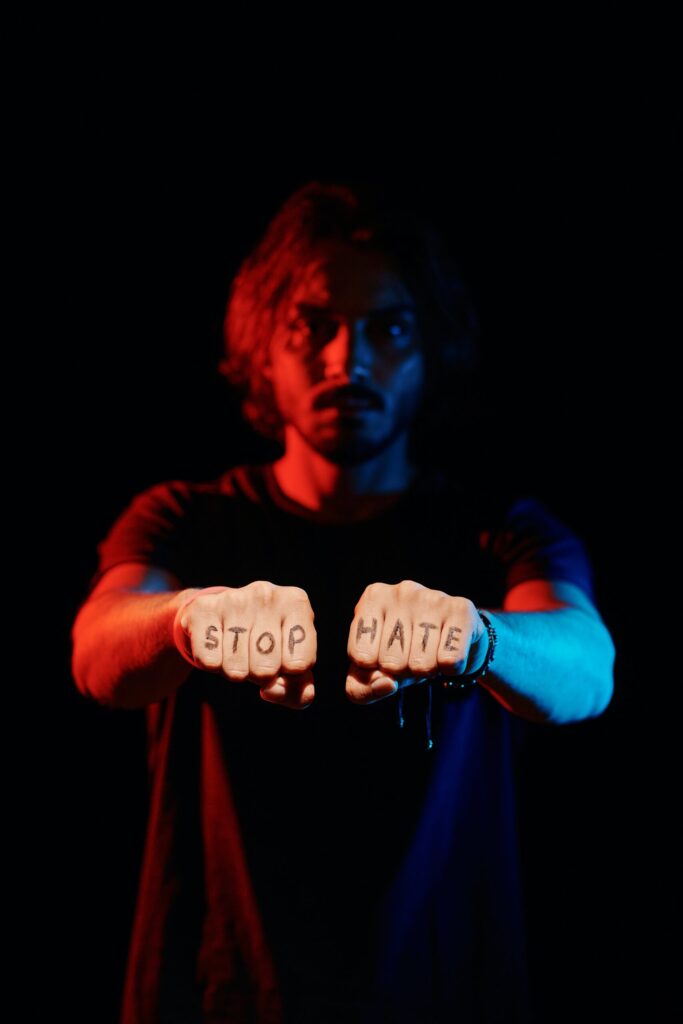I’ve always believed that there was more good than bad in people. However, I never expected to see the ugly side of human nature in my coworkers. I chose to remain true to who I am and to continue believing in kindness and in good people. But today I’m not naive anymore and I accept people for who they really are, flaws and all.
I’ve learnt that some bullies will hate you as they fallen into the comparison trap. They will envy your success, feeling that you don’t deserve your success. But they don’t see the sacrifices, the exhaustion, the discouragements, the setbacks. Many don’t or refuse to understand that each one of us is having a unique human experience and that we are running our own race. Unfortunately, I’ve come across so many people who let their malicious tendencies dominate the good in them. The boundary between right or wrong is thin or non-existent. “Misery loves company”. This quote unfortunately applies to many unhappy people who need to bring other down to feel better about themselves. They’ve never counted their blessings and be thankful for them.
Many bullies don’t consider themselves as being bullies. They will minimize their bullying acts and say that it was only harmless gossip. Or they can think that since they didn’t target you in a direct manner, their underhand acts don’t count as bullying.
However, there’s a law: What goes around comes around. You reap what you sow. Every action, whether good or bad will get back to you, sooner or later. Hence, think twice before hurting someone.
Always live by this golden rule: Don’t do to others what you wouldn’t like to be done to you. If you wouldn’t like to be hurt by people, don’t hurt people. If you wouldn’t like to be bullied, don’t bully. When you bully someone, remember that this person is a son, daughter, father, mother, brother or sister. Remember that you too may have a son, daughter, father, mother, brother or sister. How would you feel if they were bullied?
Richard Schwindt is a Canadian social worker and therapist in psychotherapy and hypnotherapy. He himself has experienced workplace bullying. In his book Emotional Recovery from Workplace Bullying: A Guide for Targets and their Supports, he writes about the reality of bullying:

I can totally relate to Richard Schwindt’s words. I indeed saw the dark side of my coworkers. The fact that it happened in a school setting, where I thought I was safe and where I thought values such as respect, kindness were upheld by everyone. Many coworkers stopped being pleasant to me the moment they saw me succeeding. They resented my successes, and it was the green-eyed monster of jealousy and envy that got the best of them. Richard Schwindt totally grasps the harsh reality of a victim of bullying not being believed or understood. You feel very isolated.
The French psychiatrist Marie-France Hirigoyen states the following:
‘Face à cette agression qu’elle ne comprend pas, la victime est seule car, comme dans toutes les situations perverses, il existe une lâcheté et une complaisance de l’entourage qui craint de devenir cible à son tour ou parfois jouit de façon sadique du spectacle de cette destruction’ (p. 95).
Translation: When faced by this aggressive behaviour that he can’t understand, the victim is isolated, as in all perverse situations, the witnesses will act in a cowardly or complacent manner, fearful of being targeted or sometimes relishing in a sadistic way the torment of the victim of bullying.
The situation described by Dr Hirigoyen is typical in a workplace context. The target is isolated as the witnesses fear repercussions. The best that those who don’t approve of the bullying will do is not to participate in the mobbing or talk about you in a positive way behind your back. There are also the spectators. They won’t bully you but will applaud the abuse, enjoying the torments that the victim is going through. I will never forget how many of these spectators maliciously enjoyed my humiliation when my father was humiliated for his disability.
Will bullying always exist? To be realistic, yes. But I strongly believe that if each one of us takes a stand against bullying, we would contribute to a better society.
Bibliography
Hirigoyen, Marie-France. 1998. Le harcèlement moral : La violence perverse au quotidien. Paris : Syros.
Schwindt, Richard. 2013. Emotional recovery from workplace bullying: A guide for targets and their supports. Amazon Kindle Edition.

